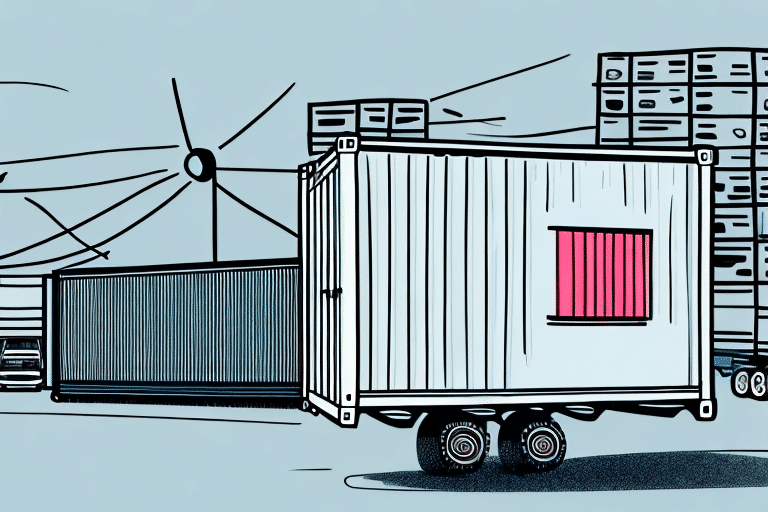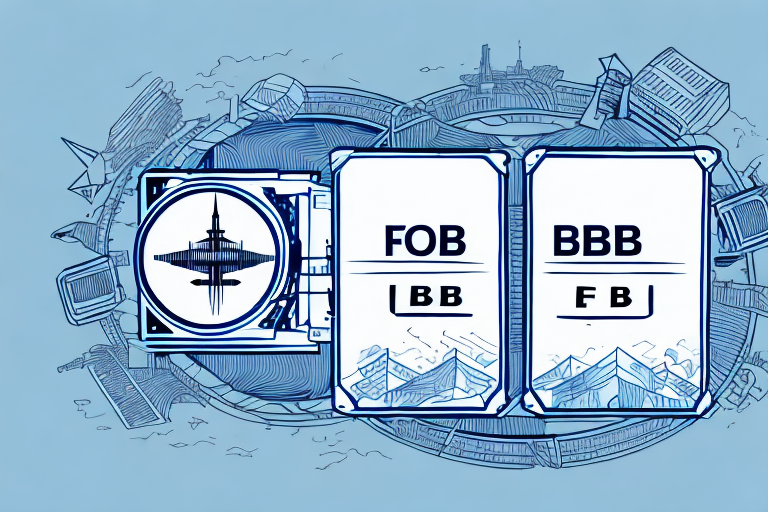Introduction to Free Carrier (FCA) Incoterms
International trade involves various shipping arrangements, each governed by specific Incoterms and regulations. One such Incoterm is Free Carrier (FCA), widely used in global commerce. This article delves into the intricacies of FCA, highlighting its benefits for importers and exporters, and providing insights into its practical applications.
What is Free Carrier (FCA) and How Does it Work?
Free Carrier (FCA) is a shipping arrangement where the supplier delivers goods to a specified location, such as a warehouse or port, to be picked up by the buyer or a designated carrier. This Incoterm is versatile, applicable to any mode of transportation including road, sea, air, or rail.
Key Responsibilities
- Supplier’s Responsibility: Delivering goods to the agreed-upon location and handling export customs clearance.
- Buyer’s Responsibility: Arranging and paying for transportation from the delivery point, including loading, shipping, and insurance.
FCA offers buyers greater control over transportation choices, potentially leading to cost savings and expedited delivery. However, this also means that buyers assume the risk once the goods are handed over to their representative.
Benefits of Using FCA in International Trade
Flexibility and Cost Efficiency
FCA provides flexibility in selecting carriers and routes, allowing buyers to negotiate better rates and optimize delivery schedules. By consolidating shipments, buyers can reduce transportation costs significantly.
Enhanced Control and Documentation
Under FCA, buyers manage the logistics from the delivery point onward, facilitating better tracking and management of shipments. This arrangement also simplifies documentation, as buyers handle customs clearance and related paperwork.
Support for Small and Medium Enterprises (SMEs)
FCA is particularly advantageous for SMEs, enabling them to manage international shipping without the need for extensive logistics infrastructure.
Comparing FCA with Other Incoterms: FOB and CIF
Key Differences
- FOB (Free on Board): Supplier is responsible until goods are loaded on the vessel at the port of shipment.
- CIF (Cost, Insurance, and Freight): Supplier covers costs, insurance, and freight to the destination port.
- FCA: More flexible, applicable to any transport mode, and allows buyer to choose the carrier and route.
Choosing the Right Incoterm
The choice between FCA, FOB, and CIF depends on factors such as the nature of the goods, transportation mode, and the level of control desired by the buyer and seller. For instance, FCA is ideal for multi-modal shipments, whereas CIF is suitable when the supplier prefers to handle insurance and freight.
Implementing FCA: Best Practices and Negotiation Tips
Negotiating Terms with Suppliers
- Clearly define the delivery point and responsibilities of each party.
- Agree on the mode of transportation and specific logistics arrangements.
- Include clauses for handling customs clearance, documentation, and insurance.
Calculating Shipping Costs
Consider all relevant costs including freight charges, customs duties, insurance, and any additional fees. Utilizing tools like export calculators can aid in accurately estimating expenses.
Understanding Legal Requirements
FCA shipping is subject to international trade laws and the regulations of both the exporting and importing countries. It's essential to stay updated with the latest Incoterms 2020 rules and consult legal experts to ensure compliance.
Common Challenges and Risks in FCA Shipping
Mistakes to Avoid
- Assuming the supplier is responsible for loading the goods onto the carrier.
- Failing to specify the exact delivery location.
- Neglecting to arrange adequate insurance coverage.
Risk Mitigation Strategies
To minimize risks such as delayed delivery, damage, or loss of goods, it's crucial to:
- Define all terms clearly in the contract.
- Use reliable carriers and shipping partners.
- Purchase comprehensive insurance coverage.
The Role of Insurance and Technology in FCA Arrangements
Insurance Coverage Essentials
Under FCA, the buyer is responsible for insuring the goods from the point of delivery. It is advisable to obtain insurance that covers all potential risks during transit. Providers like Allianz offer tailored insurance solutions for international shipments.
Technological Advancements
Technology has significantly enhanced FCA shipping through:
- Tracking Systems: Real-time monitoring of shipments improves transparency and efficiency.
- Digital Documentation: Electronic data interchange (EDI) streamlines documentation and reduces errors.
- Automation Tools: Automated logistics platforms facilitate better coordination between buyers and suppliers.
Case Studies: FCA in Various Industries
Manufacturing
Manufacturers benefit from FCA by having control over the transportation of raw materials and finished goods, ensuring timely production schedules.
Pharmaceuticals
FCA is crucial for the pharmaceutical industry, particularly for the delivery of temperature-sensitive products, allowing buyers to manage specialized logistics.
Electronics
In the electronics sector, FCA ensures the timely and secure delivery of delicate components and finished products, minimizing the risk of damage.
Conclusion
Free Carrier (FCA) is a versatile and widely-used Incoterm in international trade, offering significant benefits such as flexibility, cost savings, and enhanced control over shipments. By understanding the responsibilities, risks, and best practices associated with FCA, businesses can optimize their shipping arrangements, build stronger trade relationships, and navigate the complexities of global commerce effectively.






















